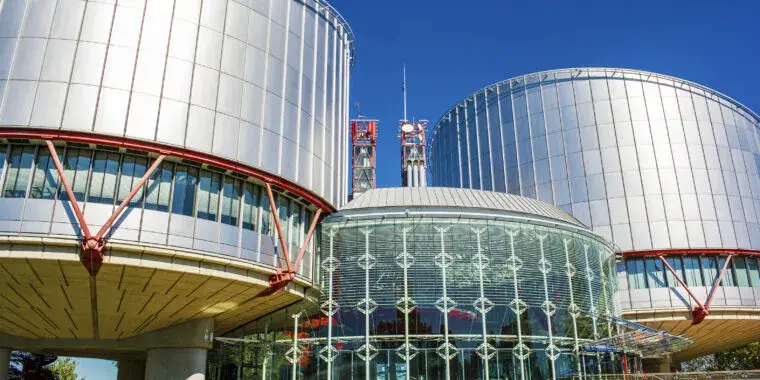The European Court of Human Rights (ECHR) has ruled that weakening end-to-end encryption disproportionately risks undermining human rights. The international court’s decision could potentially disrupt the European Commission’s proposed plans to require email and messaging service providers to create backdoors that would allow law enforcement to easily decrypt users’ messages.
Fuck, they were still trying that!?
Yeah
ACAB
I don’t need corrupt police in my email. As one can see from the vast array of mass shootings throughout my country, handing over this kind of intrusive capability doesn’t help us.
Cops have alternative means to access encrypted messages, court says.
Do they mean https://xkcd.com/538
🤖 I’m a bot that provides automatic summaries for articles:
Click here to see the summary
Ultimately, users’ multiple court challenges failed, sending the case before the ECHR while Telegram services seemingly tenuously remained available in Russia.
Essentially, the government believed that FSB staff’s “duty of discretion” would prevent any intrusion on private life for Telegram users as described in the ECHR complaint.
Seemingly most critically, the government told the ECHR that any intrusion on private lives resulting from decrypting messages was “necessary” to combat terrorism in a democratic society.
However, privacy advocates backed up Telegram’s claims that the messaging services couldn’t technically build a backdoor for governments without impacting all its users.
The European Information Society Institute (EISI) and Privacy International told the ECHR that even if governments never used required disclosures to mass surveil citizens, it could have a chilling effect on users’ speech or prompt service providers to issue radical software updates weakening encryption for all users.
The ruling “strikes a blow to authoritarian measures that seek to undermine fundamental rights protections in the digital age,” Ioannis Kouvakas, senior legal officer for Privacy International, told Ars.
Saved 75% of original text.




